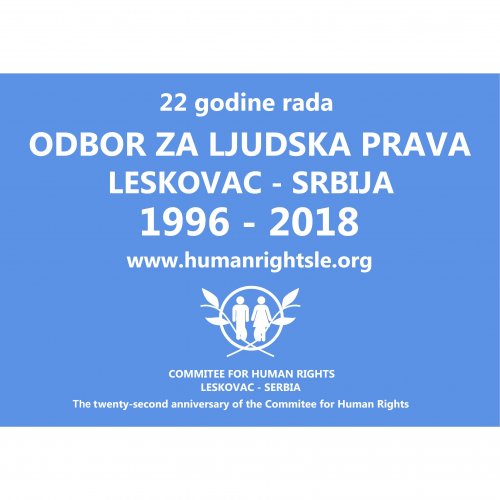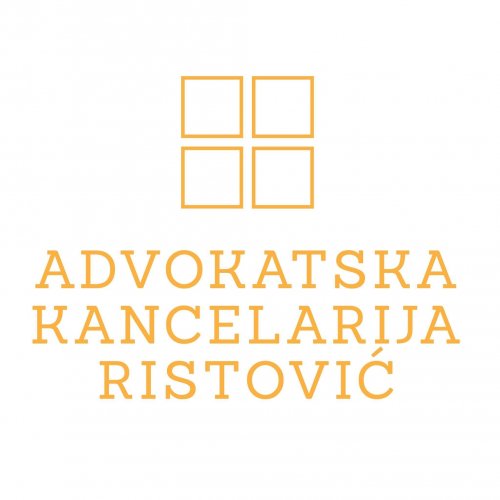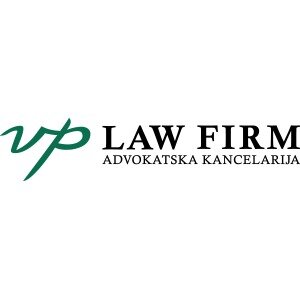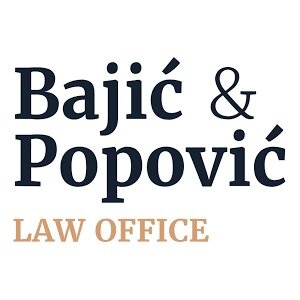Best Native People Lawyers in Serbia
Share your needs with us, get contacted by law firms.
Free. Takes 2 min.
Or refine your search by selecting a city:
List of the best lawyers in Serbia
About Native People Law in Serbia
In Serbia, the term "Native People" generally refers to the Indigenous peoples traditionally residing in the region. While Serbia does not have Indigenous peoples in the same way as countries like the United States or Australia, it does have ethnic minorities with a long-standing connection to their lands, including the Roma, Vlachs, and other ethnic groups with unique cultural and historical ties to the area. These communities often face social and economic challenges and may require legal assistance to protect their rights, cultural heritage, and access to resources.
Why You May Need a Lawyer
There are various circumstances where individuals from Native or ethnic minority groups in Serbia might need legal assistance, including:
- Discrimination or violation of civil rights based on ethnic identity.
- Legal proceedings related to land ownership or disputes.
- Access to social services, education, or health care.
- Preservation of cultural heritage and languages.
- Challenging unjust government policies or administrative actions.
- Employment-related matters, including unfair dismissal or workplace discrimination.
Local Laws Overview
Serbia has a legal framework in place to protect the rights of ethnic minorities, in alignment with international human rights standards. Key aspects include:
- The Constitution of Serbia guarantees equality before the law and prohibits discrimination.
- Specific laws protect the rights of national minorities, including the Law on the Protection of Rights and Freedoms of National Minorities.
- Cultural rights are also recognized, allowing for the use of minority languages in official communication under certain conditions.
- There are provisions for the representation of minorities in public councils and assemblies.
- The government has adopted strategies and action plans to improve the social and economic status of ethnic minorities.
Frequently Asked Questions
What rights do ethnic minorities have in Serbia?
Ethnic minorities in Serbia have the right to preserve their culture, language, and traditions. They are protected against discrimination and have the right to participate in public life.
Is there legal support for discrimination cases?
Yes, individuals facing discrimination can seek help from legal aid services, non-governmental organizations, or lawyers specializing in human rights and discrimination law.
How can cultural heritage be protected?
Cultural heritage can be protected by registering cultural sites and ensuring compliance with laws that safeguard cultural and historical properties.
Are there measures to support minority education?
Yes, Serbia has policies to promote education in minority languages and to support the educational needs of minority communities to ensure equal access to education.
What is the role of the Ombudsman in protecting minority rights?
The Ombudsman is responsible for monitoring and advocating for the protection of human rights, including the rights of ethnic minorities, against public authorities in Serbia.
Can one appeal a decision made by the government affecting minority rights?
Yes, individuals or groups can appeal against administrative decisions affecting their rights by seeking judicial review or lodging complaints with relevant authorities.
What legal recourse is there for land disputes involving minority communities?
Legal recourse through the civil courts is available for resolving land disputes, and mediation services can also be an option for amicable settlements.
Are there government bodies tasked with minority affairs?
Yes, the Serbian Ministry of Human and Minority Rights, Public Administration and Local Self-Government, and the National Councils of National Minorities play pivotal roles in managing minority affairs.
How is the representation of minorities in government ensured?
Minorities are represented in government through national councils and reserved seats in certain legislative bodies to ensure their participation in decision-making.
What should I do if my rights as an ethnic minority are violated?
Seek legal advice from a lawyer, contact human rights organizations, or file a complaint with the relevant government bodies to address any rights violations.
Additional Resources
For further assistance and information, consider contacting these organizations:
- The Office for Human and Minority Rights of Serbia
- The Ombudsman of Serbia
- Non-Governmental Organizations such as the Minority Rights Group International
- Local cultural and advocacy groups specific to each minority community
Next Steps
If you require legal assistance concerning Native or ethnic minority issues in Serbia, consider the following steps:
- Research and contact a lawyer specializing in human rights or minority law.
- Reach out to relevant non-governmental organizations for advice and support.
- Consult with the National Council representing your ethnic community.
- Visit local legal aid offices for free or low-cost legal assistance if qualifying.
It is important to gather all relevant documentation and evidence if you are involved in a legal case, to clearly present your situation to any organization or legal professional you consult.
Lawzana helps you find the best lawyers and law firms in Serbia through a curated and pre-screened list of qualified legal professionals. Our platform offers rankings and detailed profiles of attorneys and law firms, allowing you to compare based on practice areas, including Native People, experience, and client feedback.
Each profile includes a description of the firm's areas of practice, client reviews, team members and partners, year of establishment, spoken languages, office locations, contact information, social media presence, and any published articles or resources. Most firms on our platform speak English and are experienced in both local and international legal matters.
Get a quote from top-rated law firms in Serbia — quickly, securely, and without unnecessary hassle.
Disclaimer:
The information provided on this page is for general informational purposes only and does not constitute legal advice. While we strive to ensure the accuracy and relevance of the content, legal information may change over time, and interpretations of the law can vary. You should always consult with a qualified legal professional for advice specific to your situation.
We disclaim all liability for actions taken or not taken based on the content of this page. If you believe any information is incorrect or outdated, please contact us, and we will review and update it where appropriate.
Browse native people law firms by city in Serbia
Refine your search by selecting a city.














